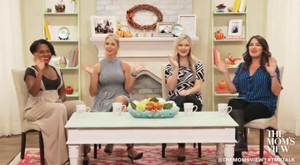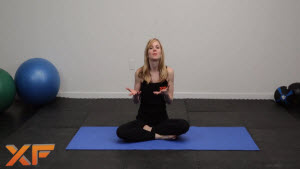Hi,
I've been suffering with HOCD on and off for around 6-7 years. I think it began when I had some same-sex childhood experiences, which I cannot be sure if I enjoyed. I have had OCD since my childhood however, and I've suffered with many different obsessions from contamination to cancer, to ebola.
They all seem to be centred around perfection, which I feel is important.
I post on here because I have already had a round of 5-day intensive therapy, which has helped me return to studying and to stop many of my rituals, however the intrusive thoughts live on.
I wanted to ask if there is anything I can do to stop the HOCD, and whether or not you would recommend me accepting the thoughts and agreeing, as that is what I have been trying to do.
I do not want anymore therapy, as the first round was very costly and I cannot afford it again.
I just feel like I'm losing myself, I used to be so girly and I still am, but my mind is telling me that I hate pink and want to be more masculine!
I think I also suffer from very low self-esteem too, as I feel constantly down about myself. I'm just looking for help!
Thank you,
HarryPotterMania




Hi HarryPotterMania, I'm not
Hi HarryPotterMania,
I'm not sure what type of intensive therapy you had, but treatment for OCD should include strategies to help you manage the intrusive thoughts.
There is no simple answer to "stop HOCD". I wish there was, but there isn't. OCD is a complex and challenging disorder, and for many people, it's a lifelong disorder that they learn to manage so it doesn't cause so much distress or take up so much time and energy.
As for "accepting" the thoughts. It depends on what you mean by that. I never recommend accepting that they're true (or agreeing with them) if you know in your heart that they're not (and it sounds like you do). That will just cause more internal conflict and distress. That's like trying to convince yourself that the sky is really bright red when you know it's blue - it doesn't work and never will.
The natural tendency with HOCD is to fight or resist the thoughts - and that's understandable, except it's a losing battle. So, learning to accept the thoughts as JUST thoughts and NOT fact (and part of your OCD) may be helpful, but it's easier said than done.
If you can't afford more therapy (even on a weekly or bi-weekly basis), then using a self-help book may be beneficial. One that I've suggested to several readers is the Mindfulness Workbook for OCD by Hershfield and Corboy (you can find it on Amazon - I have no affiliation with the authors or with Amazon). Workbooks are good because they give you strategies, and the mindfulness component is especially beneficial for anxiety and OCD.
As for hating pink - it sounds like you are misinterpreting that to mean something that it doesn't. Not every straight female likes pink, and a lot of lesbian women do like pink. Not all straight females are feminine, and not all lesbian females are masculine (do you see the point I'm making?).
As for the low self-esteem; that's likely a separate issue and addressing low self-esteem isn't a simple task but many people do learn to overcome that.
I wish I had something more helpful for you, but these aren't minor things to overcome, and it may be that at some point getting back into therapy (when you can afford it) will be the best approach (although I don't really recommend a condensed, intensive type of therapy - I think it can be more beneficial addressing these issues a little more slowly).
Something else you might consider (at least for the self-esteem) is a self-help group or group therapy; working on self-esteem in a group setting can be really valuable, because you get feedback from peers and not just the therapist.
Those are my best suggestions. I hope something I've said is helpful!
Dr. Lane